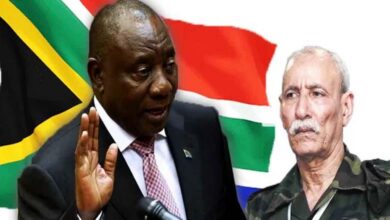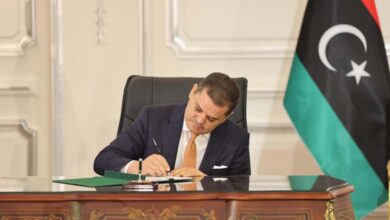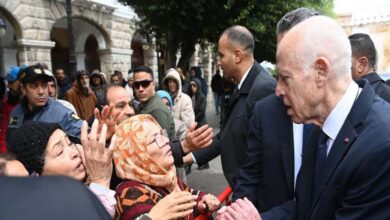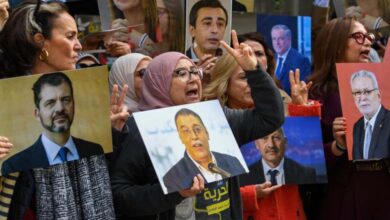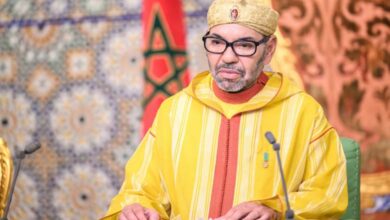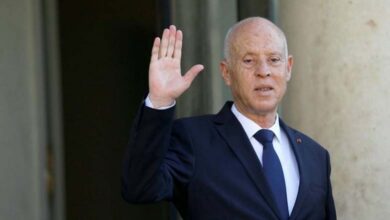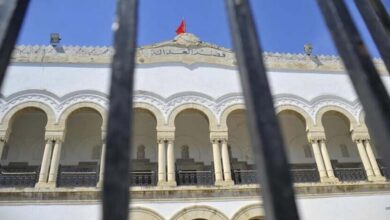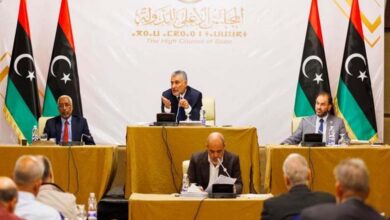Algeria Blocks Census of Tindouf Residents for Fear of Exposing Polisario Corruption
The Algerian authorities are apprehensive about conducting an accurate census of the Tindouf camps, which would reveal the actual needs of the Sahrawis and eliminate discrepancies in reported figures.
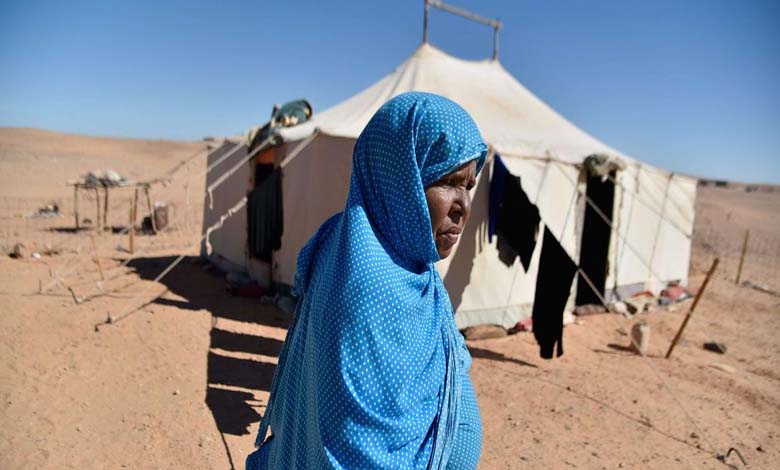
Algeria refuses to carry out a census of the residents of the Tindouf camps on its territory, managed by the separatist Polisario Front. This refusal comes despite calls from the United Nations and numerous human rights organizations for greater transparency. Suspicions abound that numbers are inflated to prompt more financial aid from UN agencies and donors, which the Polisario, with Algerian complicity, exploits to subjugate and humiliate dissenting residents opposing its separatist agenda.
-
Ireland Refutes Algerian and Polisario Claims Regarding Ghali’s Visit to Dublin
-
Spanish security unveils Polisario’s ties to a human trafficking and smuggling network
Algeria’s rejection of the UNHCR’s efforts to count the camp populations reflects its fear of exposing its use of Sahrawi refugees – mostly from Morocco’s southern provinces – as political pawns in international forums. International reports highlight deteriorating living conditions in the camps and growing social unrest, despite substantial funds and aid provided by humanitarian organizations over the years, which could have significantly improved living standards.
Recent calls to address the Tindouf camps’ situation have intensified, warning of worsening conditions and human rights violations against residents, particularly those opposing separatist narratives. These conditions have driven many families to flee the camps.
-
Renewal of confidence in the Sánchez Government deals a blow to Polisario’s bets
-
Iran plans to expand its influence in North Africa through the Polisario
Morocco has long called for an international investigation into the plight of Tindouf camp residents in Algeria. This is not the first time Algeria and the Polisario – key players in the artificial conflict over the Moroccan Sahara – have obstructed efforts to conduct a precise census of camp residents.
Observers suggest Algeria aims to prevent a census that would identify the camps’ true needs and residents’ origins, especially given reports that thousands of refugees from Sub-Saharan Africa and other desert regions have been brought in to inflate numbers artificially.
-
Polisario Front attempts to deceive with forgeries and deception in its separatist agenda
-
Polisario Leader Returns to Algeria after Spain-Morocco Row
Several humanitarian organizations have repeatedly demanded a transparent census of Tindouf camp residents and an international investigation into the misuse of hundreds of millions of dollars received by the Polisario from Western humanitarian bodies and the UN over the decades. Despite these funds, Sahrawis in the camps endure poverty and lack basic infrastructure.
Moroccan news site Hespress quotes Issam Oujil, an expert on Saharan affairs, who highlights the “glaring discrepancy” in reported figures: “While realistic estimates place the population between 20,000 and 30,000, the Polisario and Algeria insist on inflated figures of up to 100,000.”
-
Explode the Polisario’s allegations … The launch of the Dialogue Forum in Dakhla, Morocco
-
Gulf Mediation for Morocco-Iran Reconciliation Alarms Algeria
He adds that Algeria’s refusal to conduct a census aligns with its rigid stance against Morocco’s autonomy proposal to resolve the Sahara dispute, a proposal increasingly endorsed as credible and practical.
Hicham Ibrahim, a doctoral researcher specializing in the Moroccan Sahara issue, highlights this contradiction: “Algeria claims not to be a party to the conflict, yet it controls the fate of Tindouf camp residents and opposes any attempt to document their true numbers, as it benefits most from the diversion of aid meant for these populations.”
-
Morocco’s Recognition of the Sahara’s Sovereignty: A Precondition for Normalization with Iran
-
Macron Plans to Strengthen Ties with Morocco by Opening a Consulate in Laayoune


